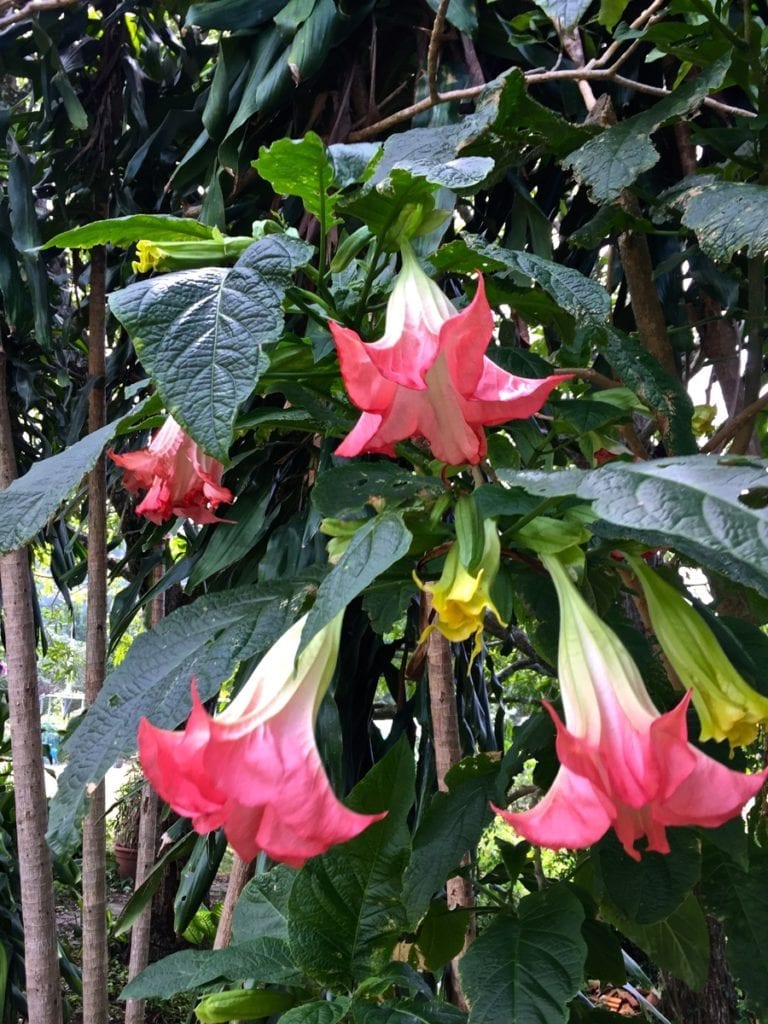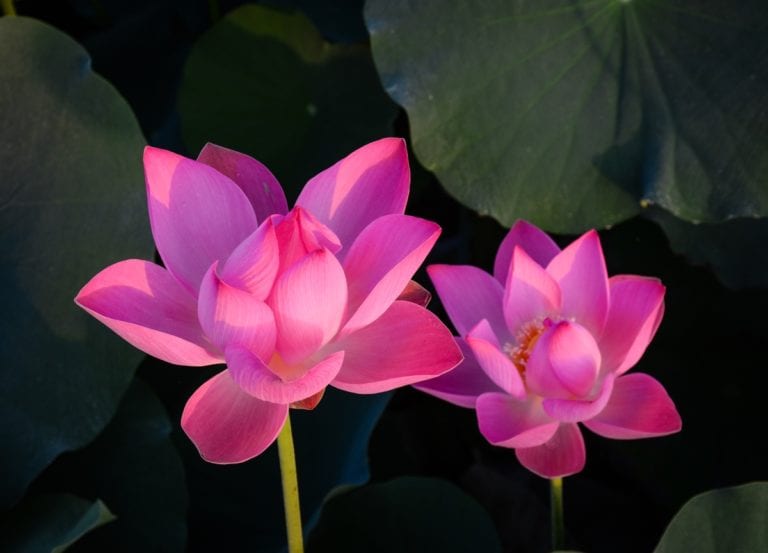Similar Posts

680th Week: What We Radiate Into the World
Walking through Central Park one morning, my usual, meditative state of mind—which emerges naturally when I walk through areas of trees—focused on a small act of kindness that someone had recently done for me. I touched back into the quality of friendliness the person seemed to radiate and I realized that the actual act of kindness offered was only part of what made the interaction meaningful. The other part was the quality of who this person is in the world, and that felt like the most important aspect of the experience.
It reminded me of a conversation I had with an acquaintance one afternoon in Starbuck’s, where she began to speak apologetically about how she didn’t feel like she ever did anything really important or meaningful in her life… Read More “680th Week: What We Radiate Into the World”

724thWeek: The Practice of Blessing
One of the great gifts of vacation time is to have an opportunity to do some reading. One of the books I had an opportunity to read over this year’s recent vacation is Pierre Pradervand’s book, “The Gentle Art of Blessing.” In his book, Pradervand speaks of offering blessings as a powerful practice of presence. In part, this practice brings us back into presence because of the way it invites us to shift from reactions and judgments into offering blessings in a spontaneous, moment-to-moment way.
As I read his book, my feeling was that what he offers powerfully supports a shift from moving through the world from a mental perspective, drawing primarily on the brain in the head, to moving through the world from the perspective the heart. Read More “724thWeek: The Practice of Blessing”
Week 649:Orienting to Empathy
Listening to an episode of On Being on NPR this morning, I was inspired and moved by Krista Tippett’s guests, two poets – one a Muslim man, Interfaith Visionary Eboo Patel, and the other, former U.S. Poet Laureate Natasha Trethewey, who is also a biracial woman. Read More “Week 649:Orienting to Empathy”